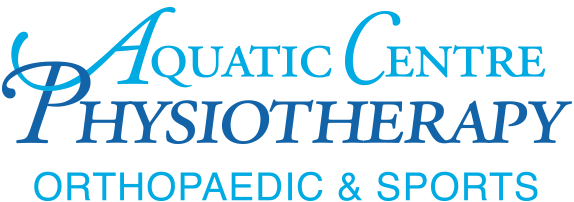
04 Sep 2019
A Backpack doesn’t mean Back Pain!
With schools starting again this week, we highly recommend paying extra attention to a good backpack. Backpacks shouldn’t mean back pain, therefore choosing an ergonomic backpack should be a priority. A good bag could make the difference between feeling happy and healthy, or living with discomfort.
At its core, a backpack is a great idea. It keeps students’ belongings together and protects them from the elements. However, these same school bags could have many drawbacks, especially as kids get older and the academic load increases. This increased load means more books and equipment in the backpack, increasing the weight as well as the burden on the spine.
Quick tips
- Respect the ten percent body weight rule. Talk to your child about what books they absolutely need each day.
- Wear the backpack snug and high across both shoulders, use the sternum and waist straps to disperse the load.
- Avoid single strap bags, especially in middle and high school years when book load is greater
- Place heavier items at the back of bag and smaller ones at the front – makes the bag feel lighter and minimises load on the spine.
- Posture is key! This is especially true in the teenage years since the body does change significantly. Poor posture can cause back, neck and shoulder pain. Just think about “ears over shoulders over hips” – all of these anatomical points should be in line.
- Stay active! Active students generally have greater strength, endurance and abdominal stability. Strong tummies and hips make happier lower backs.
Key points to look for in a good backpack:
Weight – it is recommended that a child doesn’t carry more than 10 to 20 percent of their entire body weight. It pushes the head forward and increases the compression of spinal discs. This could cause neck, shoulder and back pain, and can become chronic, especially in older teenagers.
Straps – Straps should be able to tighten to avoid the bag hanging too loose. A loose-fitting backpack applies more stress on the spine and discs. Sternum and waist straps are very useful because they help distribute the backpack’s weight so shoulders are less burdened.
Wearing a bag properly – loose and low makes it more stressful than higher and tighter. Make sure to avoid messenger and shoulder bags, they may look nice, but bags like these will concentrate all the weight on one shoulder and can lead to back pain.

